Many Vietnamese transport enterprises have proactively cooperated in training human resources, researching and accessing modern technology, ensuring the capacity to participate in large-scale, technically complex railway projects.
Great opportunity
On February 19, the National Assembly passed a resolution on the investment policy for the Lao Cai - Hanoi - Hai Phong railway project with a total length of nearly 400 km, passing through 9 provinces and cities, with a total investment of more than 8 billion USD.
With the orientation of using state budget capital allocated in medium-term public investment plans and other legal capital sources, the project is planned to be completed by 2030 at the latest.
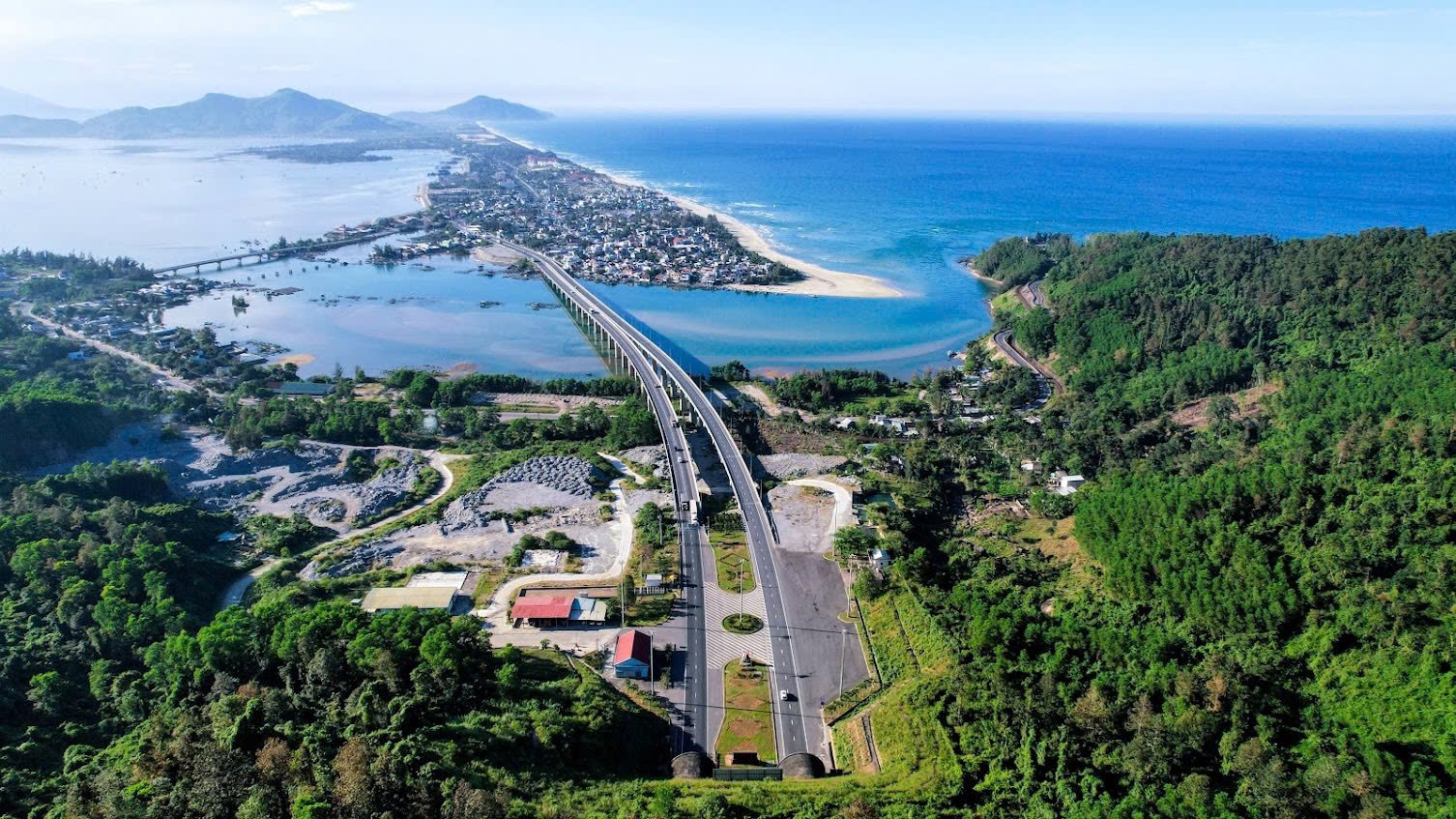
Large-scale road projects implemented in recent times are considered a "training ground" for Vietnamese transport enterprises to improve their capacity and qualifications, and be able to undertake projects requiring more complex technical requirements in the railway sector.
As a leading Vietnamese enterprise in the field of investment - construction - management and operation of transport infrastructure projects, Mr. Nguyen Quang Huy, General Director of Deo Ca Transport Infrastructure Investment Joint Stock Company (HHV) assessed that the Lao Cai - Hanoi - Hai Phong railway project's investment policy has been approved, opening up great opportunities for domestic enterprises to start participating in the railway sector.
"After the Lao Cai - Hanoi - Hai Phong railway, the next phase will be the high-speed railway project on the North - South axis; the urban railway project...
After 2025, when the North-South Expressway project is completed, Vietnamese contractors will accumulate solid resources in terms of machinery, equipment and a team of experienced personnel, always ready for the next tasks. This is a great advantage for domestic enterprises to confidently participate in upcoming important infrastructure projects, especially railway projects," Mr. Huy commented.
From an expert perspective, Associate Professor Dr. Tran Chung, Chairman of the Vietnam Road Transport Construction Investors Association, member of the Advisory Group assisting the Steering Committee in developing the North-South high-speed railway investment project, emphasized: The high-speed railway project will bring a great opportunity to Vietnam's economy.
"In terms of construction, domestic contractors have the capacity to build roads, foundations, pillars, and road tunnels, but we still lack experience in calculating the impact of high-speed trains running on that infrastructure. The investment project will be an opportunity for Vietnamese people to access and master modern technology," said Mr. Chung.
Proactively access new technology resources
Evaluating railway projects, especially high-speed railway projects with their complex nature, HHV General Director Nguyen Quang Huy said that the requirement for Vietnamese transport enterprises is to mobilize resources and apply high technology early.
As for HHV, according to Mr. Huy, up to now, the unit has invested in and completed the construction of more than 472km of expressways and national highways, and more than 31km of road tunnels. Of which, the Hai Van 2 tunnel, nearly 6.3km long, is the longest road tunnel in Southeast Asia to date.
"Regarding the staff, the entire Deo Ca system currently has more than 8,000 employees, most of whom are experienced, have been with the company for a long time and have participated in many key projects. The unit also continuously invests in modern machinery and equipment to meet the requirements of simultaneously constructing many projects," said Mr. Huy.
As a pioneer in anticipating railway projects, Mr. Nguyen Quang Huy said that investing in railway infrastructure is identified as a new direction for HHV in particular and Deo Ca Group in general in the next 5-10 years.
"Deo Ca has cooperated with domestic universities, established a research training institute and implemented an in-depth training program on railway - metro construction.
We also organize research programs and practical surveys in countries with developed railways such as France, the US, China, and Japan to consult and select technologies and models suitable for the Government's orientation and implementation conditions in Vietnam.
International cooperation is also promoted to transfer technology, operational management and advanced technical solutions; Digital transformation, application of modern technologies (intelligent traffic system - ITS, building information model - BIM...) are also focused on research and development by Deo Ca to improve the quality and efficiency of project implementation," Mr. Huy informed.
Source: https://www.baogiaothong.vn/doanh-nghiep-giao-thong-viet-san-sang-nhap-cuoc-nhung-du-an-duong-sat-ty-do-192250221234627163.htm




![[Photo] General Secretary To Lam arrives in Minsk, begins state visit to Belarus](https://vphoto.vietnam.vn/thumb/1200x675/vietnam/resource/IMAGE/2025/5/11/76602f587468437f8b5b7104495f444d)
![[Photo] General Secretary To Lam concludes visit to Russia, departs for Belarus](https://vphoto.vietnam.vn/thumb/1200x675/vietnam/resource/IMAGE/2025/5/11/0acf1081a95e4b1d9886c67fdafd95ed)


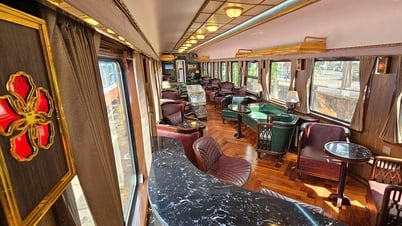

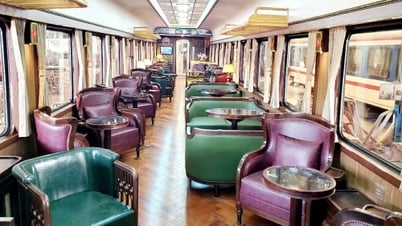

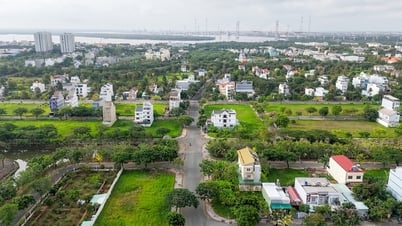
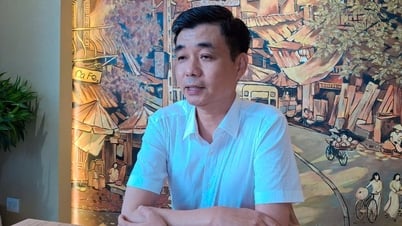

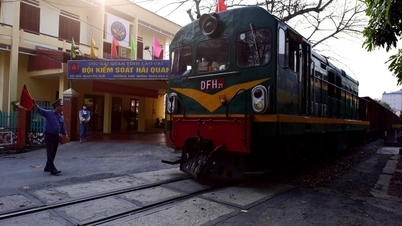




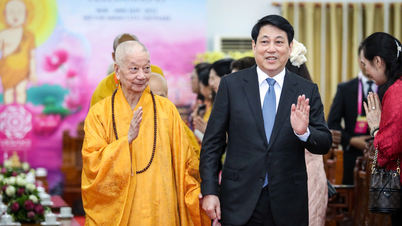
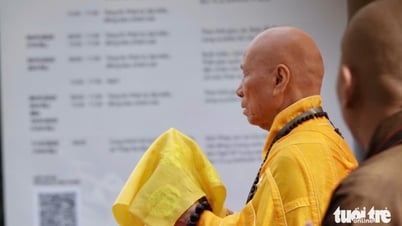

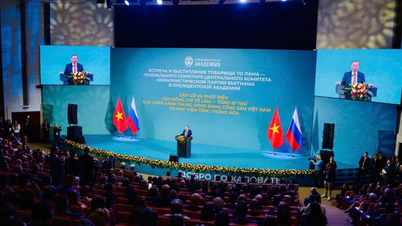










![[Photo] National Assembly Chairman Tran Thanh Man attends the Party Congress of the Committee for Culture and Social Affairs](https://vphoto.vietnam.vn/thumb/1200x675/vietnam/resource/IMAGE/2025/5/11/f5ed02beb9404bca998a08b34ef255a6)












































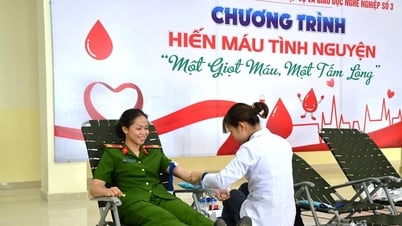

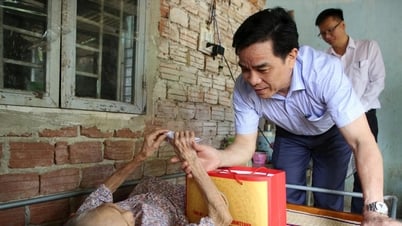
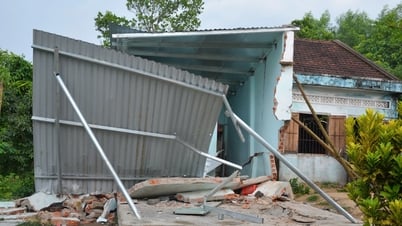



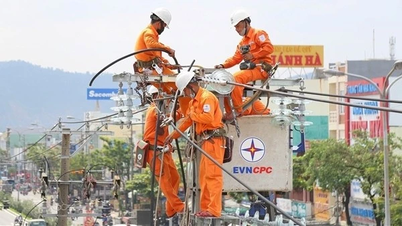

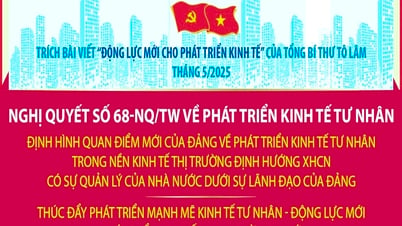










Comment (0)